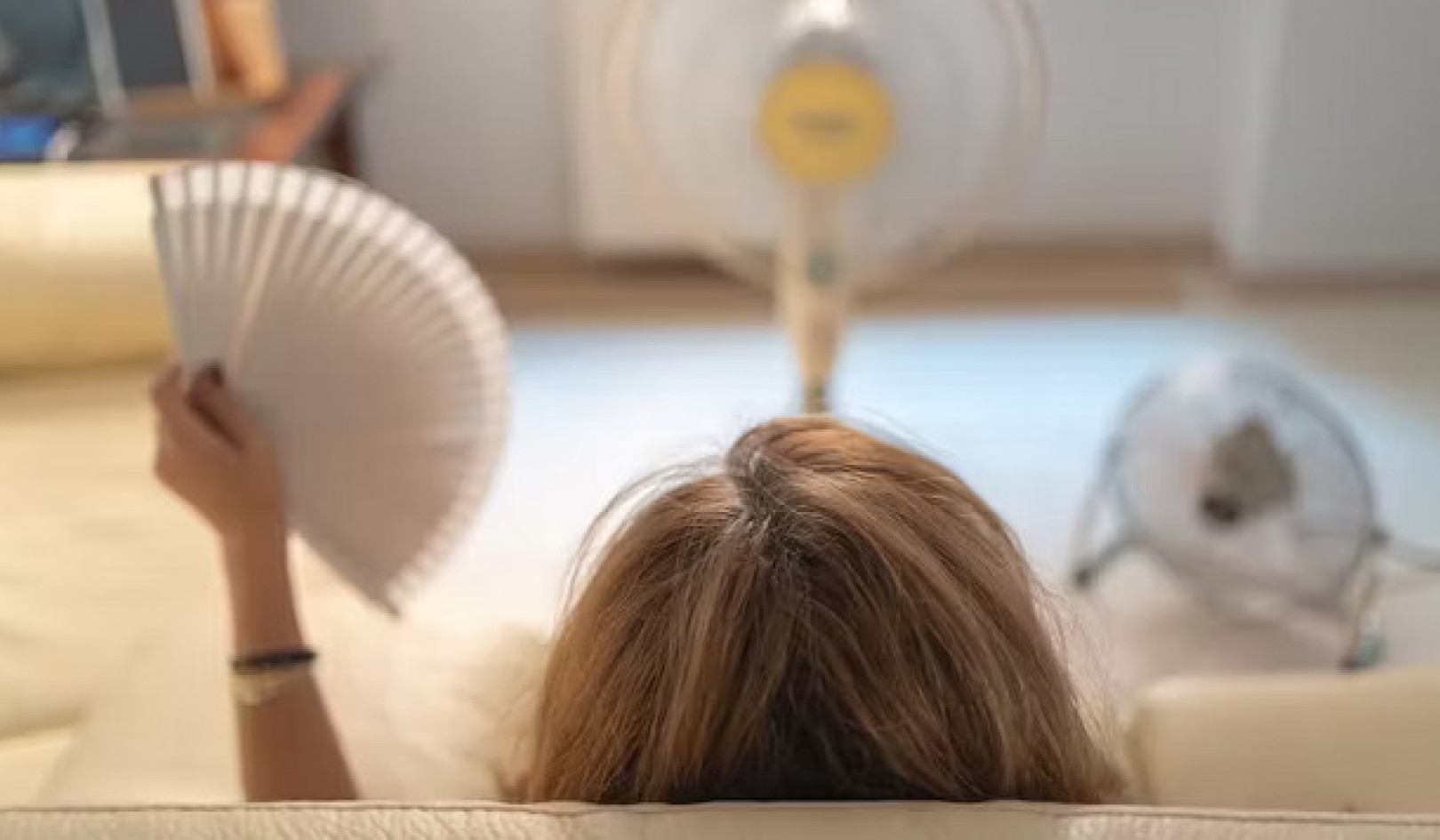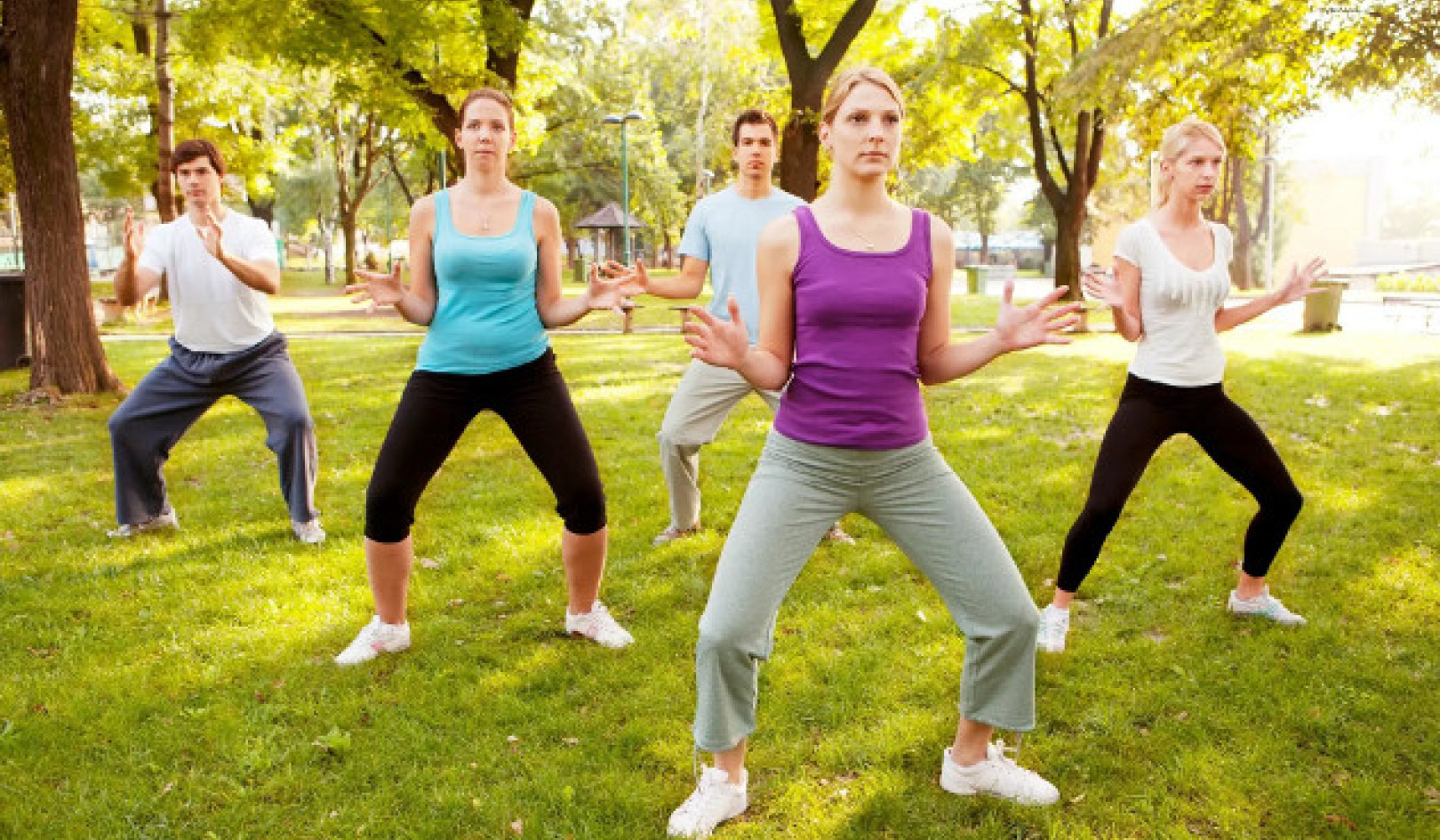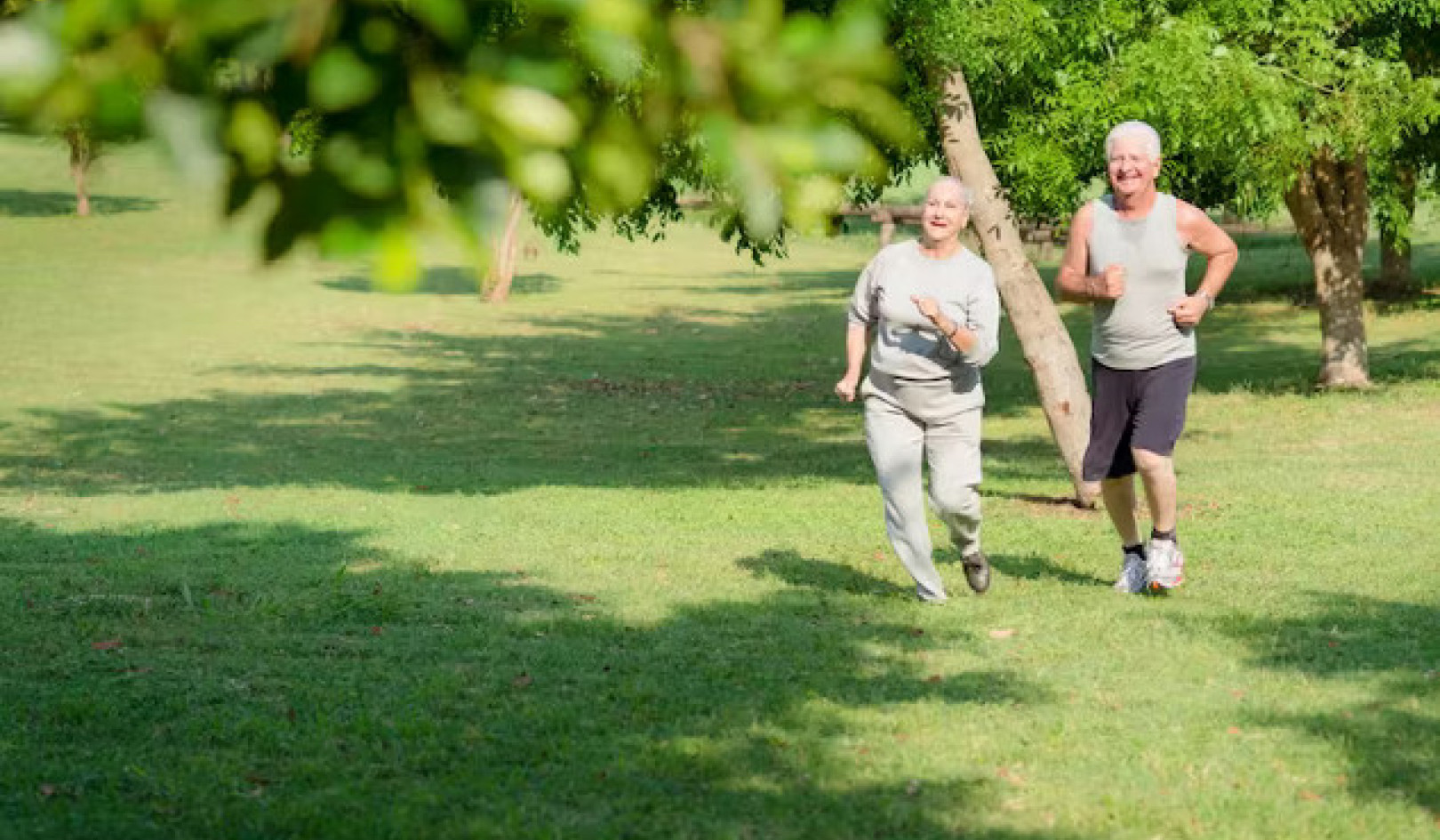 Look familiar? vectorfusionart / shutterstock.com
Look familiar? vectorfusionart / shutterstock.com
How did those new year’s resolutions work out for you? Old habits will have already returned for many – you’re not alone if you’ve already stopped using that new gym membership. Similarly, you’re in good company if 2020 is already stressing you out.
Stress, and more chronic exhaustion such as burnout, is commonplace within the modern workplace. People are sinking under the pressure of an attendance culture that glorifies being present at work at the expense of their health. But why exactly does this happen and what can you do to prevent it?
Presenteeist cultures, which see employees working longer hours, have been linked to higher rates of burnout. This is the opposite of absenteeism. People attend work when sick, or even overwork, and it is a habit that is more common than we think. Employees feel they’re unable to challenge this culture because they see everyone else doing the same thing.
People that go to work when ill or work longer hours than expected often work at less than their full capacity. Studies show this results in a decline in productivity.
Get The Latest By Email
One study in the Netherlands looking at a variety of jobs found that presenteeism may appear to be profitable for companies at first because of the reduced absence of employees. But in the long term, presenteeism resulted in higher levels of sickness and absenteeism later on.
Other studies have found that presenteeism can cause a decline in productivity in the individual employee by at least one third and is more costly to the employer than its counterpart, absenteeism. It is also what makes employees sick.
The World Health Organisation officially classifies burnout as an “occupational phenomenon”. It is defined as “a syndrome conceptualised as resulting from chronic workplace stress that has not been successfully managed”. And it is characterised by feelings of energy depletion or exhaustion, negative and cynical feelings towards your job, and a decline in performance.
Starting at the top
Tackling burnout is the responsibility of both organisations and their employees. If improving your health is a priority for you, your work health plays a crucial part in this – both physically and mentally.
Leaders need to lead by example. There is a trickle-down effect in leadership where subordinates copy those above them. They don’t want to appear weak and feel they need to push themselves more. If leaders start taking lunch breaks, going for a walk in the middle of the day, and leaving at a reasonable hour, that sets a good example to their team.
If you’re a manager and you see more and more presenteeist behaviour, shame culture could be affecting your organisation. Consider tackling this head on. Provide fruit, encourage walks outside and tell your staff to leave on time. These are just some of the small changes you can make to help create a healthier, happier workplace. If you can, get workplace wellness consultants to run workshops for you and your team.
 Say no to lunch al desko. Dima Sidelnikov / Shutterstock.com
Say no to lunch al desko. Dima Sidelnikov / Shutterstock.com
Health starts at home
If you’re an employee, you shouldn’t expect your boss to solely be responsible for your workplace wellbeing. You also need to make changes yourself. There’s no shame in returning to those new year’s resolutions you set back in January.
Here are some tips to relieve your stress and lower your chances of burnout:
Pick a priority. Write down exactly what you want to happen this year. Are you looking for a career change or a promotion? Do you want to prioritise your life outside of work? Once you’ve defined what you want, you can start making small changes to work towards this.
Set some goals. Once you have established exactly what you would like to achieve, set some monthly objectives. Work at a pace that suits you. Achieving smaller goals can result in a dopamine boost that will increase your sense of accomplishment and motivation.
Get better sleep. Prioritising rest and improving your sleep hygiene will boost your immune system. Getting disciplined about logging off electronic devices one to two hours ahead of going to sleep at night will also improve the quality of your sleep.
Get more exercise. If you’re in a sedentary job, get out more. Taking a lunch break can help get the mental clarity needed to be productive and accomplish more challenging tasks. You will also avoid the afternoon slump.
Help others around you. Research shows that behaviour like supporting others and giving positive feedback to colleagues can help reduce your own stress levels and the effect that your stress has on your mental health.
Reducing stress at work and mitigating the effect it has on you is down to a mix of physical and mental pursuits. It’s everyone’s responsibility.![]()
About The Author
Sarah Tottle, Business psychologist, Lancaster University
This article is republished from The Conversation under a Creative Commons license. Read the original article.
books_health















